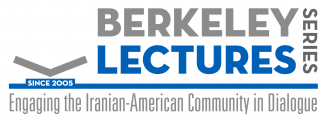Passionate Uprisings: The Intersection of Sexuality and Politics in Post-Revolutionary Iran, Pardis Mahdavi, Nov 5, 2006
Dr. Pardis Mahdavi is a trained medical anthropologist with a special interest in socio-cultural aspects of health and healing, gender, sexuality, and advocacy within anthropology. Her dissertation was on the intersection of sexuality and politics in post-revolutionary Iran, and is now in process of becoming a book entitled Passionate Uprisings: Iran’s Sexual Revolution. She has done research in Iran, Morocco, the United Arab Emirates, Lebanon, Egypt and New York City. She has worked on projects involving questions of sexual rights and human rights, assisted reproductive technologies and emerging reproductive health changes, and a project on burlesque artists in New York City.
